People
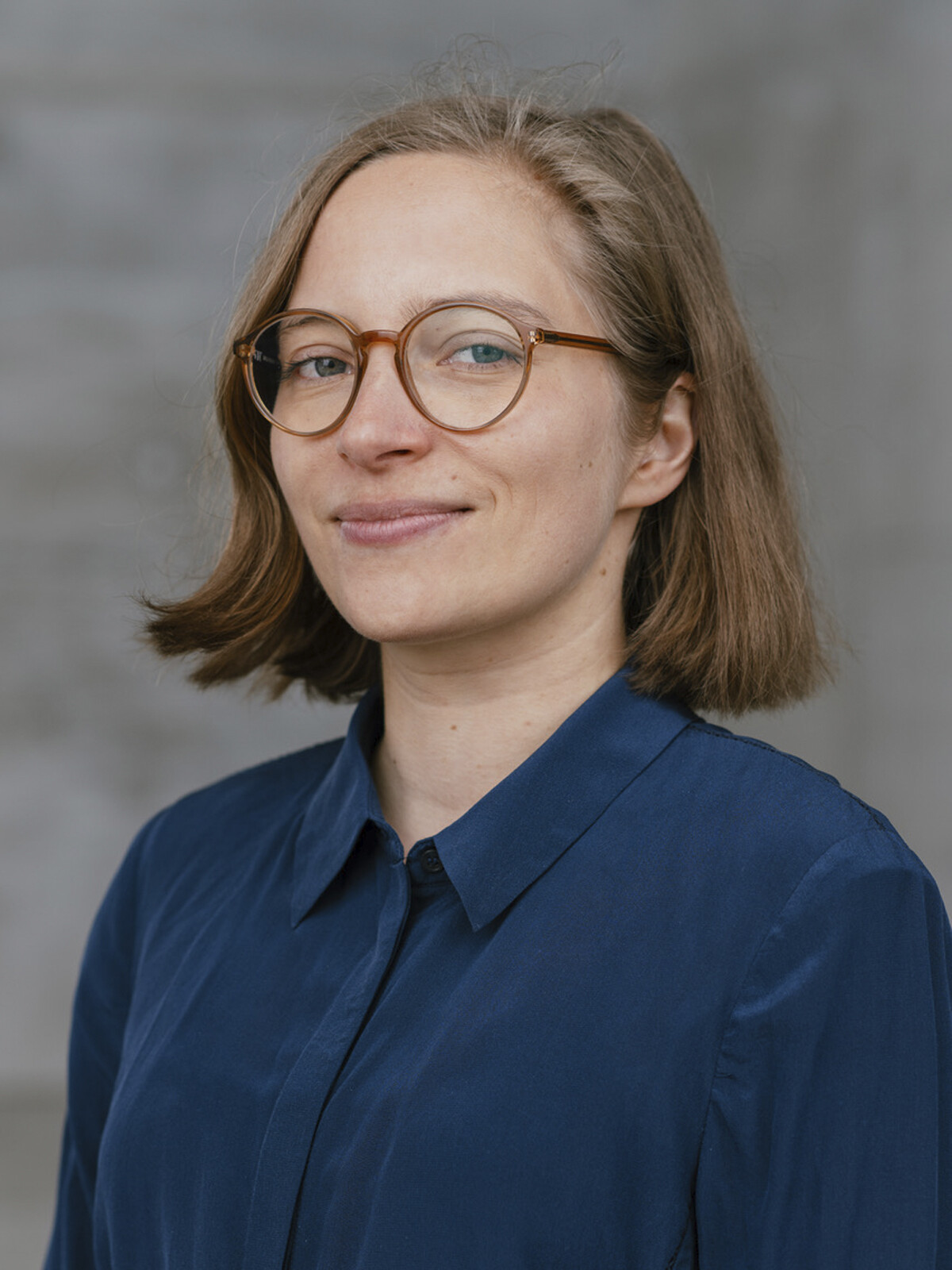
Caroline Feder a.i.
Subject Area Cast / Audiovisual Media
Caroline Feder is a freelance editor and filmmaker. She completed her Bachelor's degree in Film at the Zurich University of the Arts, followed by a Master's in Entertainment Producing at the ifs international film school Cologne.
In spring 2022, her first documentary was released by NZZ Format. In the same year, her first research project was funded as part of the Junior Research in Design at ZHdK.
Caroline joined the faculty of Cast / Audiovisual Media (with a focus on digital storytelling) in 2017, first as a teaching assistant and since 2022 as a research assistant.
During a period of reorganization in the faculty, Caroline Feder will be in the lead for the research section in Cast / Audiovisual Media until further notice.
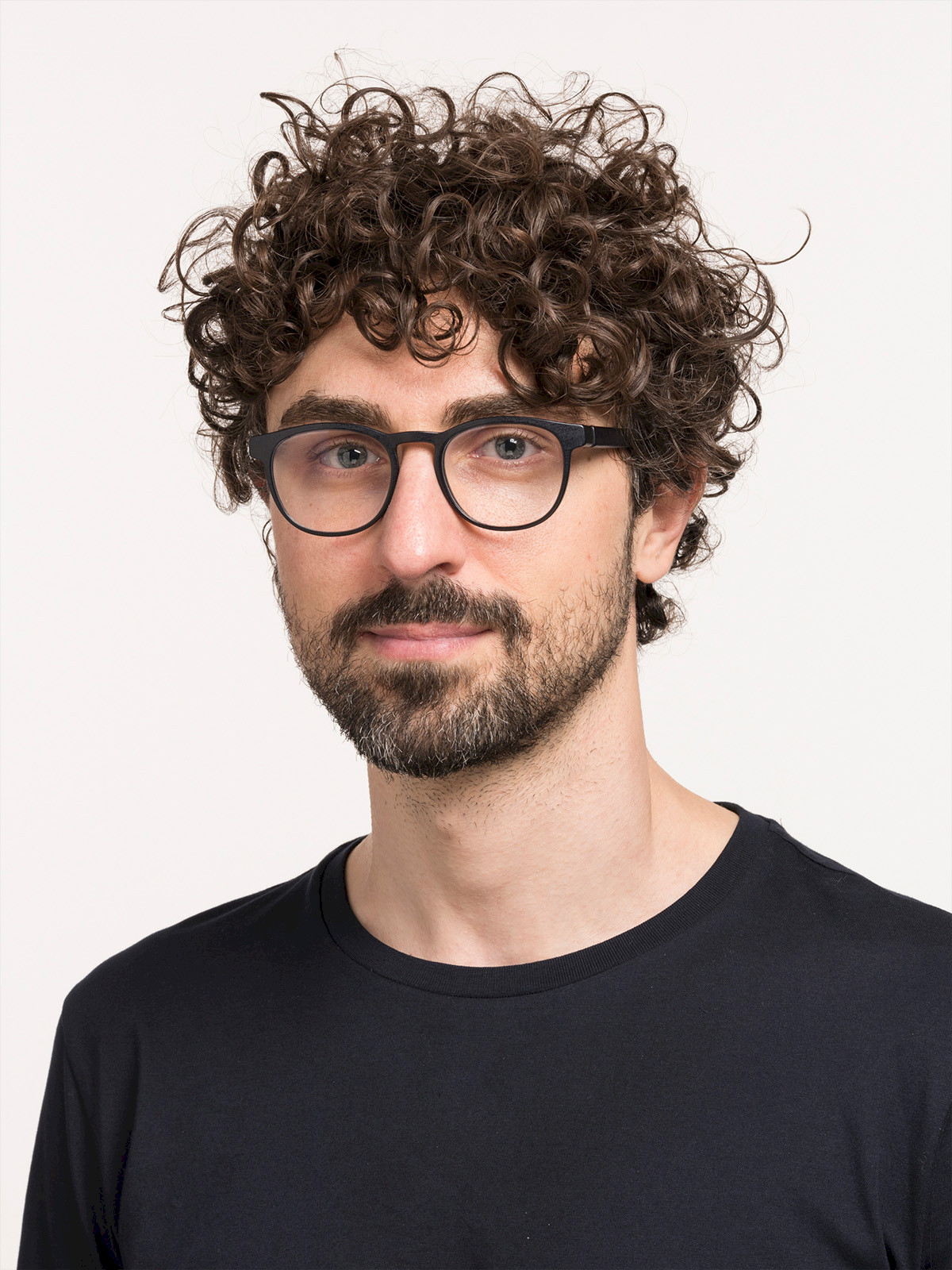
Lukas Franciszkiewicz
Subject Area Industrial Design
Lukas Franciszkiewicz is a designer, thinker and educator who is interested in blending imaginative, speculative and innovative design approaches to explore the complex interactions between design, technology and the planet.
Currently, he is the Head of Master Major Industrial Design at Zurich University of the Arts. Lukas studied Industrial Design at the Muthesius Academy in Kiel and joined the Design Interactions department at the Royal College of Art in London. After his studies he was part of the founding team of Takram’s first international studio in London, where he was responsible for the design direction and development of a wide range of innovation and design projects. With more than ten years of professional experience, he has worked with international clients such as Sony, Toyota, Google, Swiss Air Lines and the MIT Media Lab to explore future trajectories and develop new concepts, products and services.
Beside his practice-based work Lukas is actively engaged in sharing his approach through teaching as well as facilitating workshops and seminars for international institutions. Being in constant exchange with the next generation of designers also helps him to stay abreast of emerging techniques, tools and relevant topics.
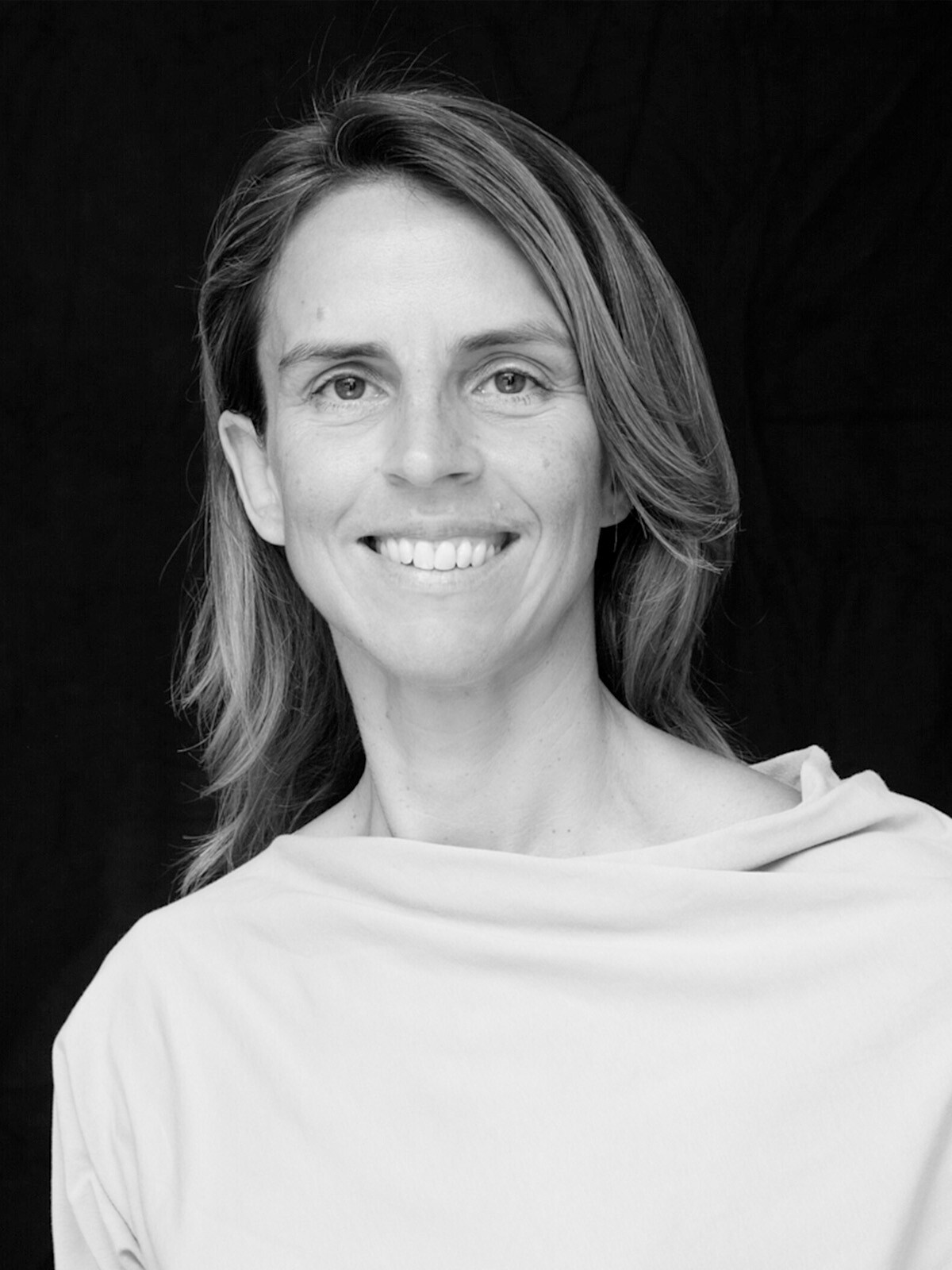
Prof. Dr. Karmen Franinović
Subject Area Interaction Design
Karmen Franinović is head of the Interaction Design subject area, where she also directs the MA Interaction Design program and research area. Her research focus is on understanding and creating experiences that engage bodily and spatial knowledge in interaction. She leads research projects on ecological interaction, movement rehabilitation, responsive architecture and sonic interaction. Karmen's practical and theoretical work challenges established interaction paradigms to foster more critical and playful uses of technology in everyday life. She is the founder of Enactive Environments group and Zero-Th Studio.
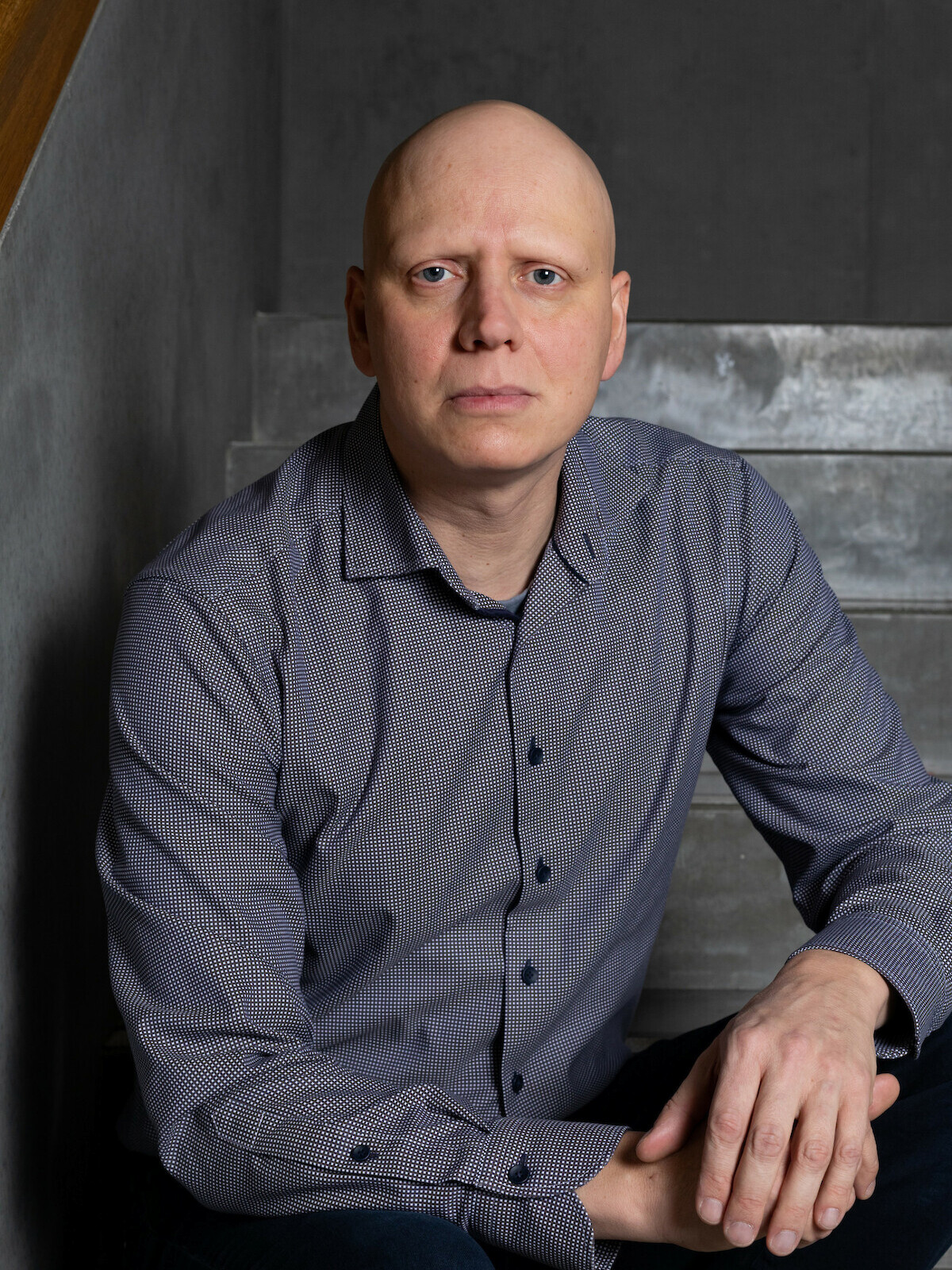
Prof. Ulrich Götz
Subject Area Game Design
Ulrich Götz heads the subject area in Game Design, leading the generation of curricular content, structural organization of the subject matter, and university teaching. Ulrich has built up extensive experience in the research and development of serious & applied games, over years of cooperation with numerous partners from medical, therapeutical, and educational contexts.
The central themes in Ulrich‘s university teaching are spatial design in virtual environments, 3D modelling and animation, game concepts and analysis, motivation design, and the development of serious & applied games.
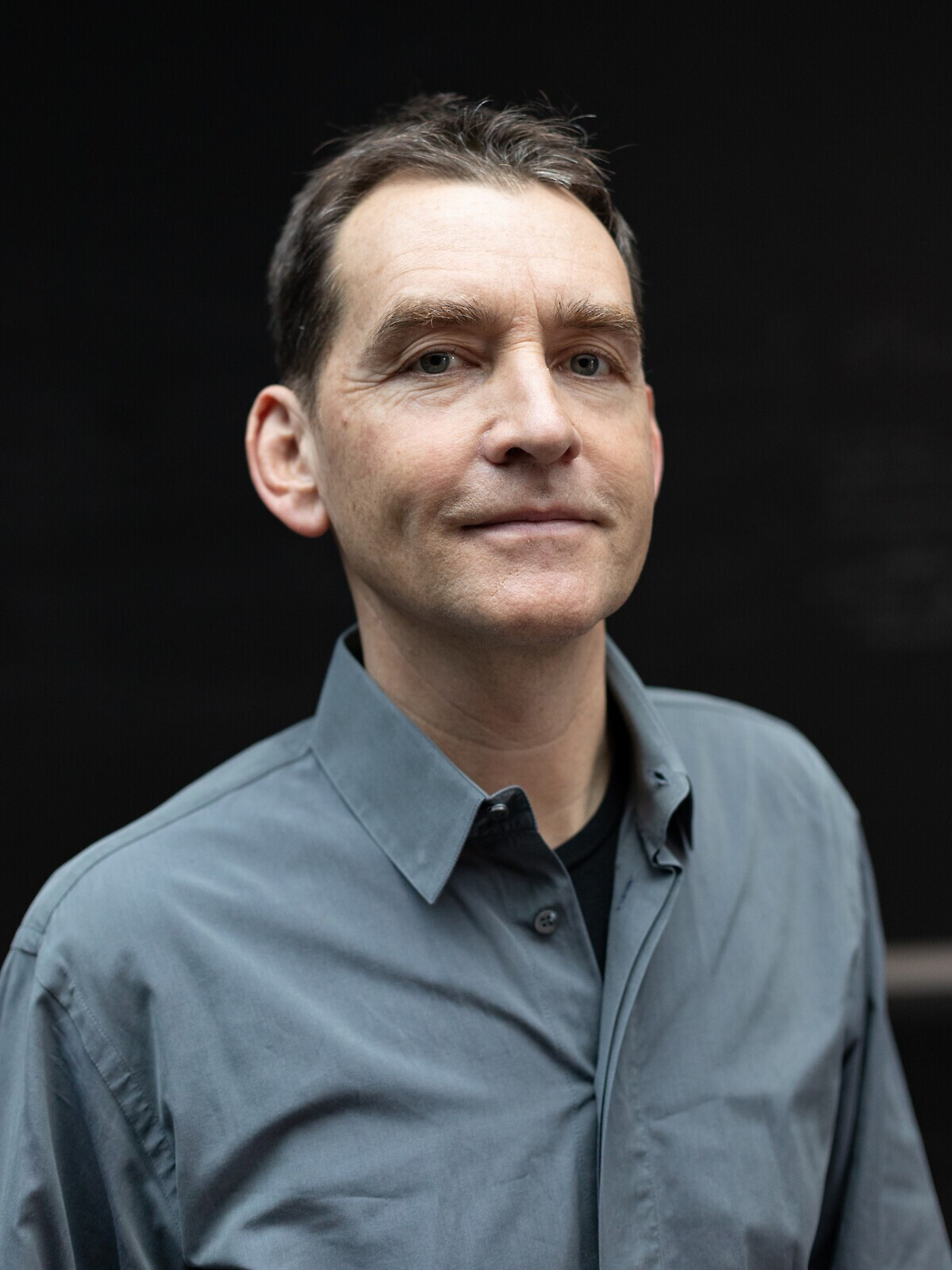
Prof. Niklaus Heeb
Subject Area Knowledge Visualization
Niklaus Heeb is head of the Knowledge Visualisation Department. Within the department, he is responsible for the Master's programme and research, and is a lecturer in the Bachelor's and Master's programmes in Knowledge Visualisation.
As Delegate for Sustainability, he represents the Department of Design in the ZHdK's Sustainability Dossier Commission and was previously a long-standing member of the ZHdK's Research Commission.
Niklaus Heeb is a qualified scientific illustrator (HGKZ) and biologist (Unibas). He studied integrative biology at the University of Basel, where he graduated in 2002, specialising in anthropology, primatology and behavioural research.
As a teacher and researcher, Niklaus Heeb is responsible for the conception and implementation of numerous research and development projects in the field of knowledge transfer to the general public - scientainment. Another field of activity is teaching and research projects in the area of science-to-science, which investigate image-based research processes and visualisation tools in interdisciplinary teams in cooperation with university partners, with the aim of gaining new insights and developing innovative tools for generating and communicating knowledge
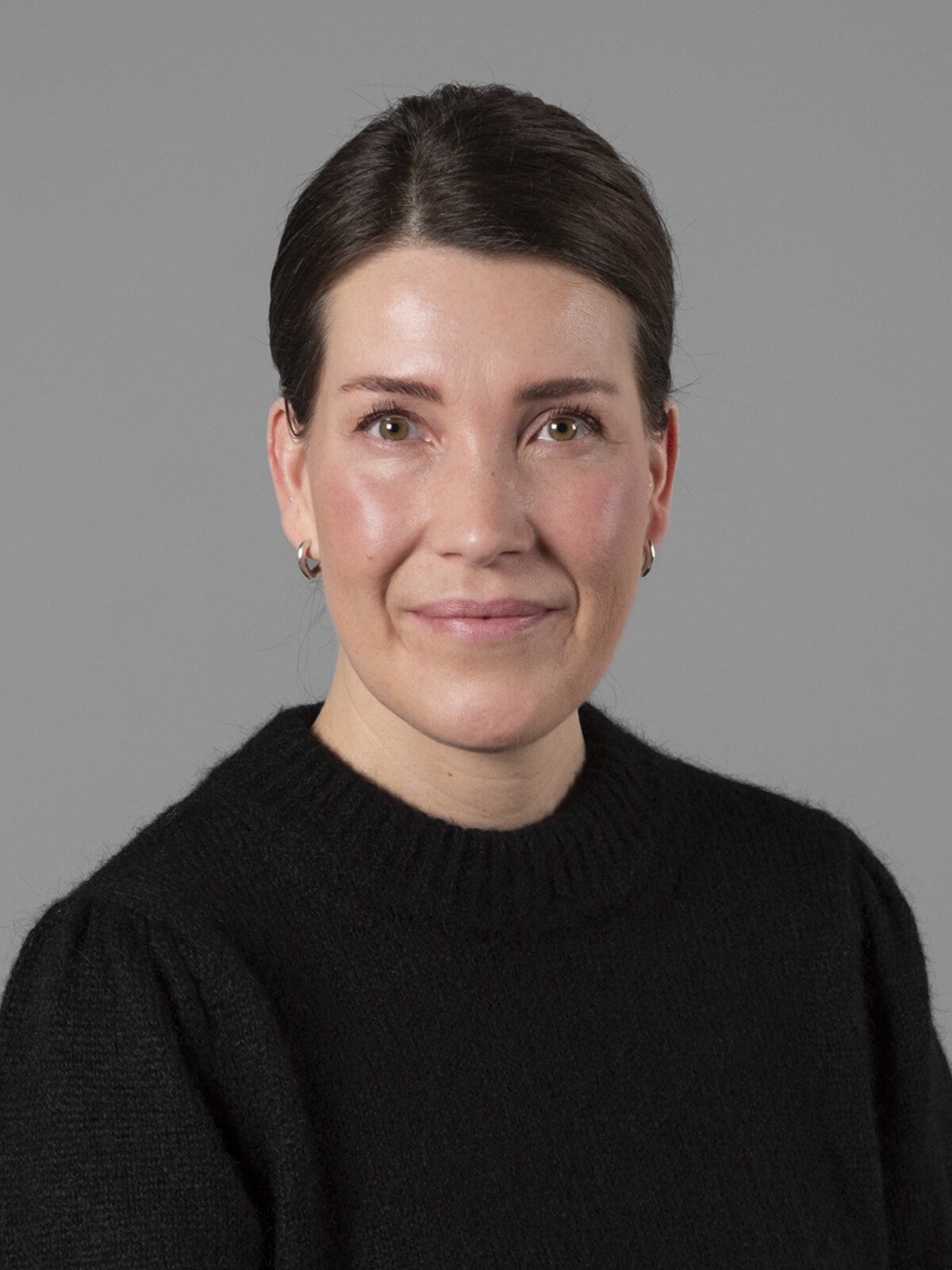
Prof. Dr. Anna Lisa Martin-Niedecken
Head of Institute for Design Research
Prof. Dr. rer. nat. Anna Lisa Martin-Niedecken is a Professor of Design Science specializing in (digital) health topics (including healthcare and sports).
She is the Head of the Institute for Design Research (IDR), while also serving as the Deputy Director of the Department of Design at Zurich University of the Arts (ZHdK).
Furthermore, she leads the cross-institutional Digital Health Design Living Lab (DHD LL). This pioneering initiative is an interdisciplinary hub that co-develops and implements innovative solutions – ranging from products and processes to services and standards – for the (digital) healthcare system. These solutions are based on individual and societal needs as well as the latest findings from interdisciplinary research. Furthermore, new knowledge is being generated, and interdisciplinary skills are promoted.
It brings together researchers from the Institute for Design Research at ZHdK, the Institute of Biomedical Ethics and History of Medicine (IBME) at the University of Zurich, the Institute for Public Health (IPH) at Zurich University of Applied Sciences, as well as various practice and research partners, including university hospitals, patient organizations, and healthcare professionals.
As a sports scientist (Magister & PhD degree from Technical University of Darmstadt, GER), design and HCI researcher, Dr. Martin-Niedecken’s research and teaching activities span interdisciplinary domains, with a primary focus on advancing the role of design and design research in the healthcare sector. Drawing on her interdisciplinary background, she specializes in human-centered, evidence-based (co-)design and the evaluation of innovative, technology-driven health solutions. These are tailored for diverse application areas within healthcare, including Serious & Applied Games, Exergames, and digital or AI-based healthcare tools.
Dr. Martin-Niedecken has received numerous prestigious awards for her research and development work, including several Best Paper Awards and the prestigious SIGCHI Outstanding Dissertation Award. She regularly gives talks at renowned events such as TEDxZurich and among other things was named one of Switzerland’s 100 Digital Shapers 2020 by the Swiss business magazine Bilanz.
Beyond her academic endeavors, Dr. Martin-Niedecken has demonstrated her entrepreneurial spirit by founding and serving as the CEO of the fitness gaming startup, Sphery Ltd, a ZHdK-spinoff established based on the results of her R&D work in 2018. The company has been awarded several prestigious prizes, including the FIBO Innovation & Trend Awards 2020 and 2021, the German Innovation Award 2020 and the German Design Award 2021.
Dr. Martin-Niedecken is also a member of various advisory and strategic boards, such as the German Society for Prevention (GPeV) or the EPFL+ECAL Lab. Furthermore, she serves as member of the Digital Health Committee of digitalswitzerland and is a founding member and chair of the RAL Quality Association "Serious Games e.V.". Since April 2025, she is also a member of the Research Council of the Swiss National Science Foundation.
Further information on the academic CV and track record on ORCiD.
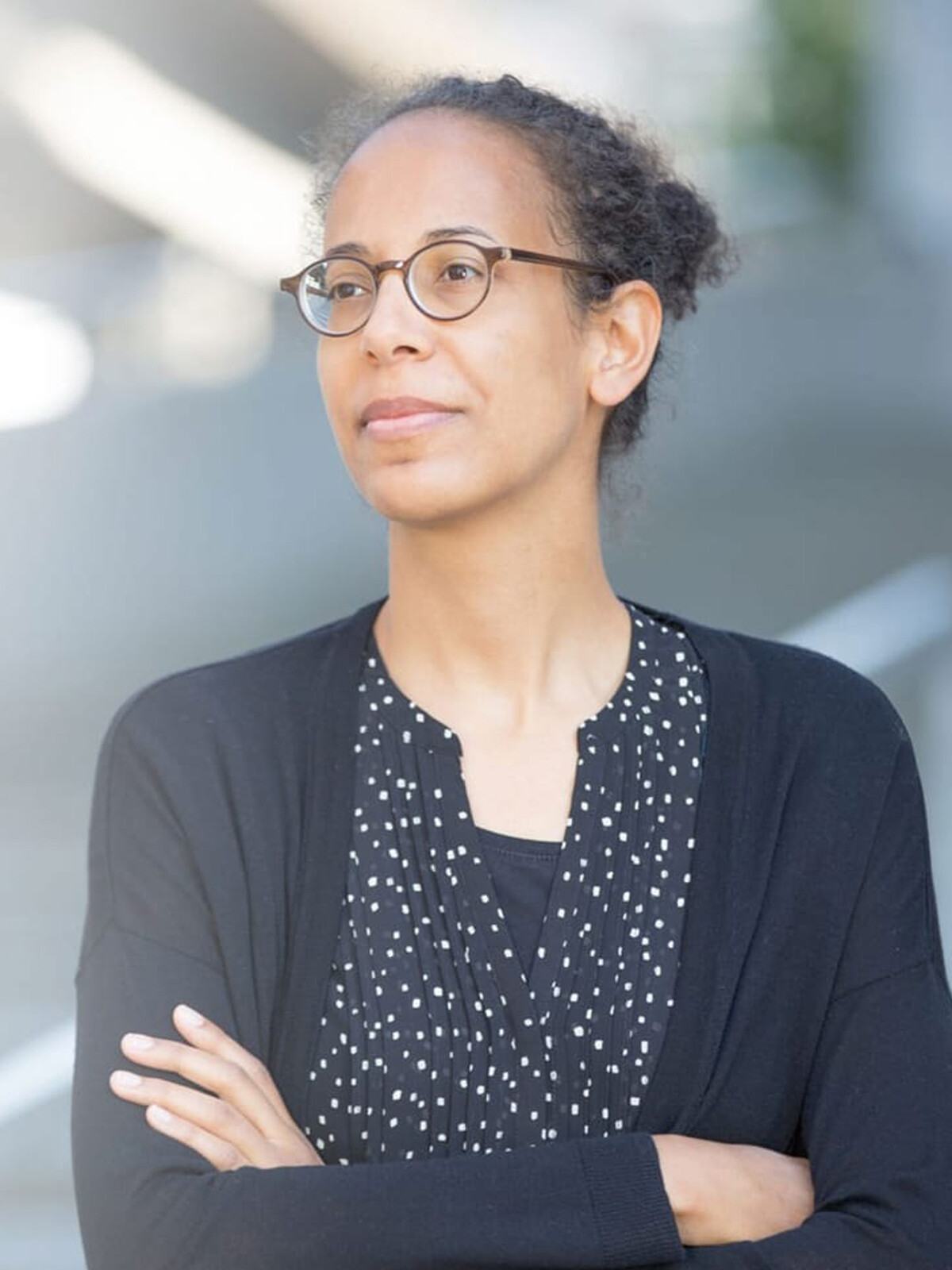
Prof. Dr. Sarah Owens
Subject Area Visual Communication
Prof. Dr. Sarah Owens is an educator and researcher who focuses on the history, practice and mediation of visual artifacts, as well as the social and anthropological aspects of design.
She currently chairs the subject area and directs the graduate programme in Visual Communication at Zurich University of the Arts, where she has been teaching since 2009. She also directs the university's research endeavours in Visual Communication, specialising in the development of new aesthetics, methods, criteria and products. Since 2020, she is president of the Swiss Competence Network for Design Research (SDN). In 2021, she received the prestigious Grand Prix of Design by the Swiss Federal Office of Culture for her work in design education and research.
Sarah Owens is a graduate of the University of Reading, the Royal College of Art in London, the University of Applied Sciences Augsburg and in 2009, was a fellow at the Akademie Schloss Solitude in Stuttgart. She has lectured on her work in Europe, Switzerland, the United Kingdom and the United States, and has edited and contributed to several volumes on design research and theory.
Third-party funded research projects she has led, initiated or collaborated on include the following: Making / Crafting / Designing, Wolfgang Weingart: Typografie in Context, Art.School.Differences, Swiss Graphic Design and Typography Revisited, and Cache: an explorative study on Open Access as a socio-technical system.
Projects in the research unit for Visual Communication encompass basic / empirical research, applied research and humanities (incl. historical) research. The unit initiates and collaborates on projects related to images, typography, type design, visual cultures, visual politics, visibility, hybrid media, archives, historiography, storytelling, data narration, knowledge, perception, social and intercultural communication, social and cultural identity, contemporary design practices, and everyday design.
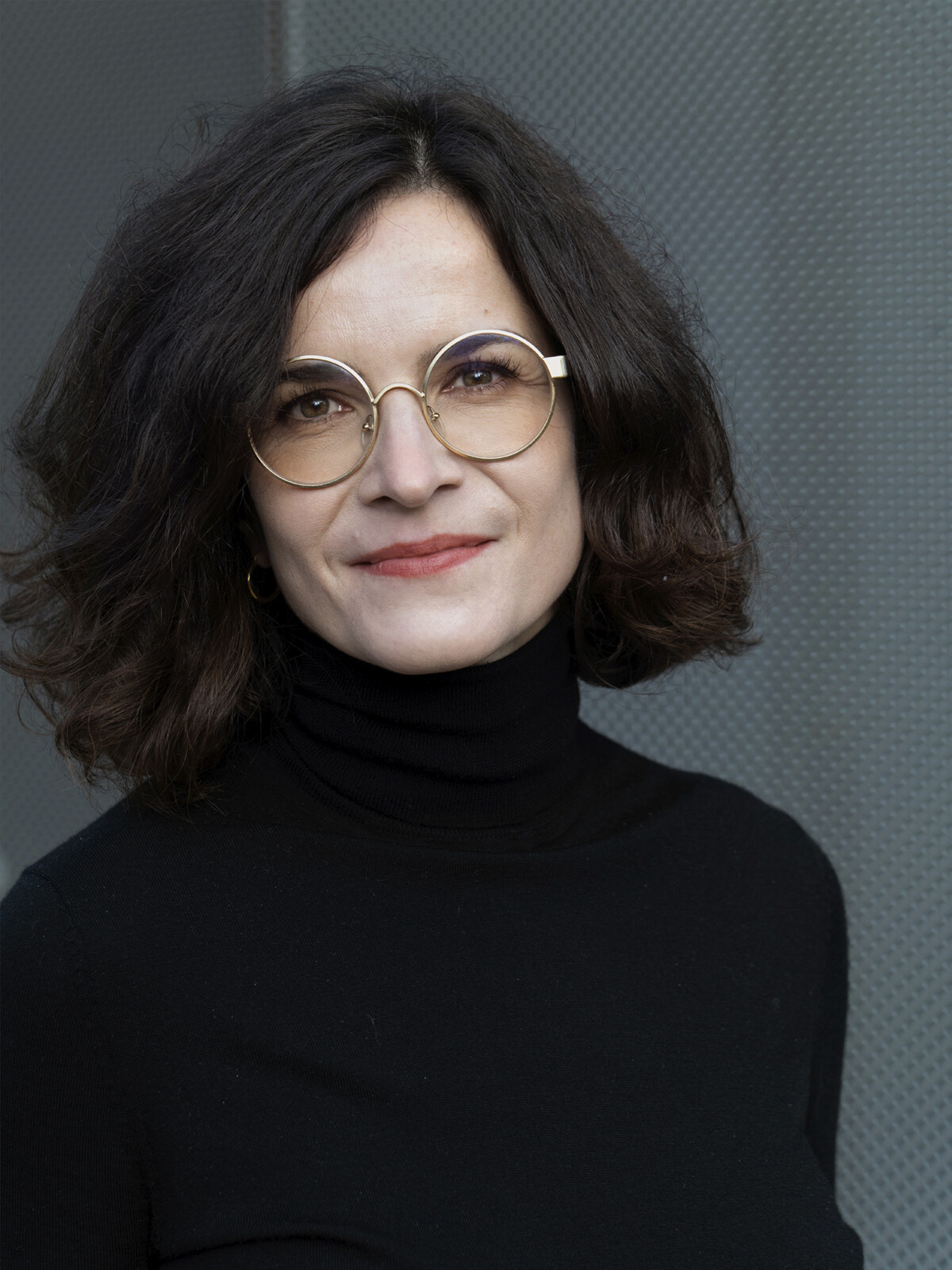
Prof. Dr. phil. Sophia Prinz
Design theory and history
Sophia Prinz is Professor of Design Theory and History at the Zurich University of the Arts (ZHdK). From 2018 to 2020, she was Visiting Professor of Design Theory and Gender Studies at the Berlin University of the Arts (UdK). She had previously been Lecturer in Cultural Sociology at the European University Viadrina Frankfurt (Oder) (2010–2018) and at the University of Constance (2006–2010). In 2012, she completed her doctoral thesis on the “practice of vision” (published in 2014). She was coordinator of the long-term exhibition project Mobile Worlds (2015–2018), funded by the German Federal Ministry of Education and Research (BMBF). For that project, she was awarded the Brandenburg Postdoc Award. From 2018-2019 she was a Fellow in the Art Histories and Aesthetic Practices program of the Forum Transregionale Studien, Berlin. She is a member of the DFG network "Cultures of Aesthetic Resistance," established in 2019. From October 2020 to July 2021, she was a Fellow at the Hamburg Institute for Advanced Study (HIAS).
Parallel to her university activities, she was researcher at the Johann Jacobs Museum (2012–2021), where she was involved in several exhibition projects.
Her academic interests are practice theory and perception, design and society, exhibition theory and aesthetics, as well as global modernity and transculturality.
She is currently working on a book project about the “migration of form” (together with Roger M. Buergel) and a research project exploring the relationship between social practices and design in global modernity.
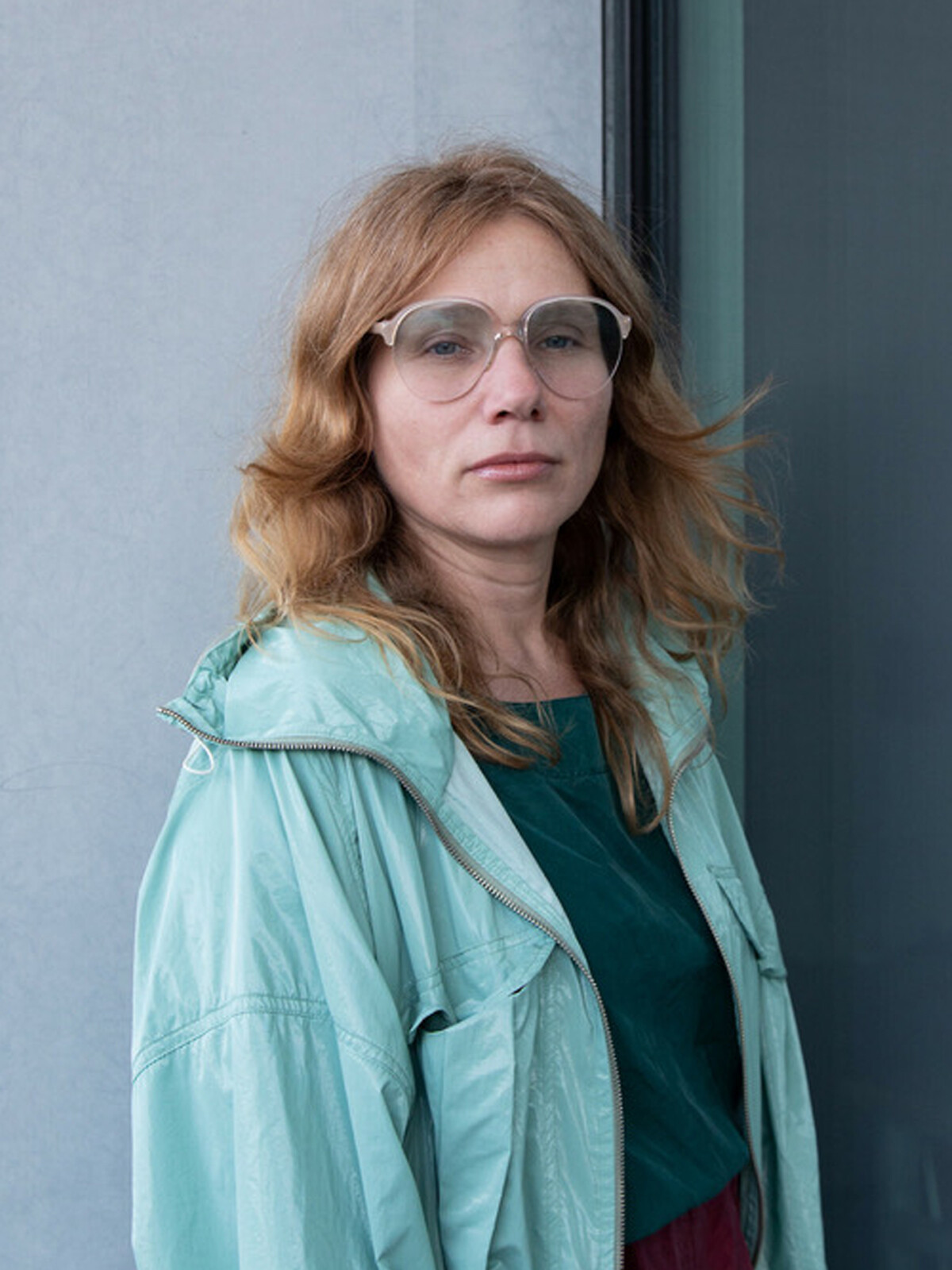
Prof. Bitten Stetter
Subject Area Trends & Identity
Prof. Bitten Stetter hat eine Professur für Trends & Identity, leitet den Master und den Forschungsschwerpunkt in dieser Fachrichtung und doziert seit 2006 im Bachelor. Als dipl. Designerin gründete sie, nach ihrem Abschluss an der HAW Hamburg, das Label stetter_koetter (1999-2003) und 2003 Bitten Stetter fashion & concept. Sie lehrte von 2003-2008 Mode, Design und Trends u.a. an der AMD Hamburg. Ihr Design gewann Preise, ihr Gespür für Wandel materialisiert sich z.B. in Ausstellungen wie fashion talks, Büchern wie Moralphobia (Hg.) und weiteren Formaten. Seit 2015 steht die Zukunft des Todes im Zentrum ihrer Arbeit. Im Rahmen der Forschung sterbesettings.ch (SNF) und ihres PhDs Things of Dying (SINTA Bern) exploriert und designt sie Care-Angebote für die letzte Lebensphase. Dafür gründetet sie das Label Final Studio.